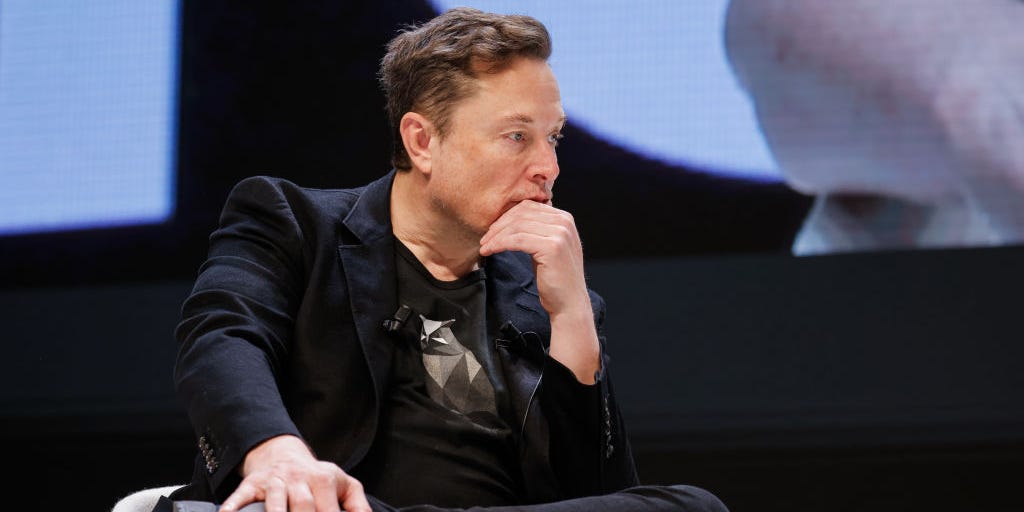- A Delaware judge decided against reinstating Elon Musk’s $56 billion pay package.
- Tesla shareholders approved Musk’s pay package in June, after a judge voided it in January.
- Tesla’s next steps could be to appeal the ruling or create an entirely new compensation plan.
A Delaware judge has once again slapped down Elon Musk’s pay package from Tesla.
“The large and talented group of defense firms got creative with the ratification argument, but their unprecedented theories go against multiple strains of settled law,” a Monday filing from Delaware Chancellor Kathaleen St. J. McCormick reads.
In her ruling, McCormick stuck to her earlier finding that Tesla’s board was unduly influenced by Musk when it came to creating his compensation package — which at the time was the largest pay package ever to be awarded to a CEO.
Tesla investors voted to approve Musk’s pay package for the second time in June. Tesla shareholders had originally voted in favor of the compensation plan in 2018, but McCormick ruled to void the agreement in January after a Tesla shareholder filed a lawsuit alleging the agreement was “beyond the bounds of reasonable judgment.”
At the time, McCormick said Musk had too much power over the agreement due to his close relationships with board members and the ties led to an “unfair price.” In her earlier ruling, she said Tesla had failed to make sure investors were fully informed regarding the proposal.
When the compensation package was voided, it was estimated to be worth about $55 billion.
“Contrary to how some have read the Post-Trial Opinion, the court did not find that the Board should have paid Musk nothing,” McCormick wrote in her Monday filing. “There were undoubtedly a range of healthy amounts that the Board could have decided to pay Musk. Instead, the Board capitulated to Musk’s terms and then failed to prove that those terms were entirely fair.”
In the months that followed the judge’s original ruling, Tesla campaigned for Musk’s pay and eventually came away with approval from over 70% of the voting shares. The company then presented the vote to McCormick, arguing that the shareholder ratification had addressed her concerns.
However, McCormick in her latest ruling, wrote: “Even if a stockholder vote could have a ratifying effect, it could not do so here.”
Do you work for Tesla or have a tip? Reach out to the reporters via a non-work email and device at [email protected] and [email protected].


